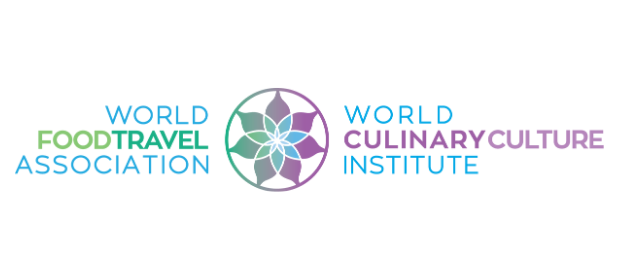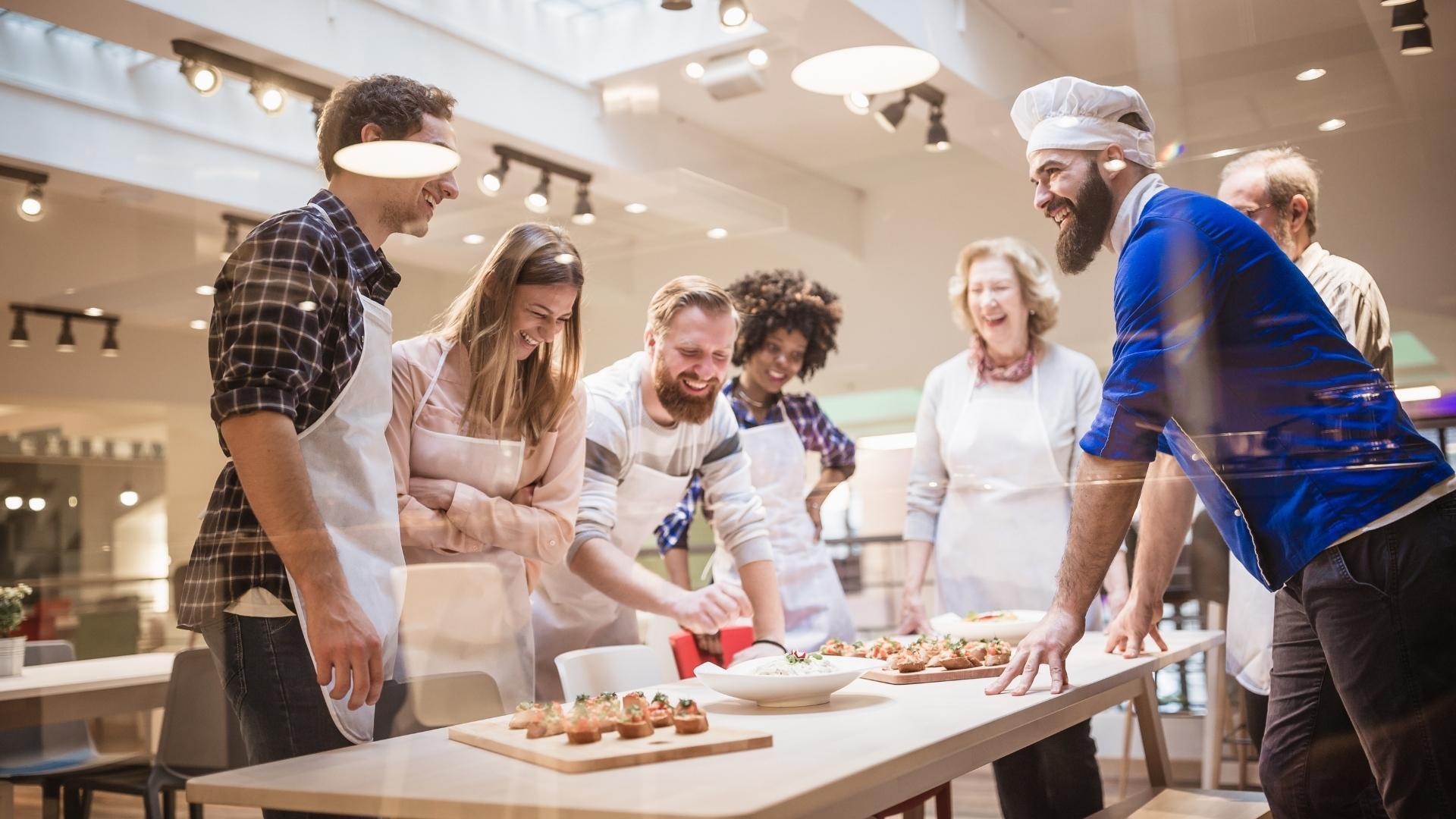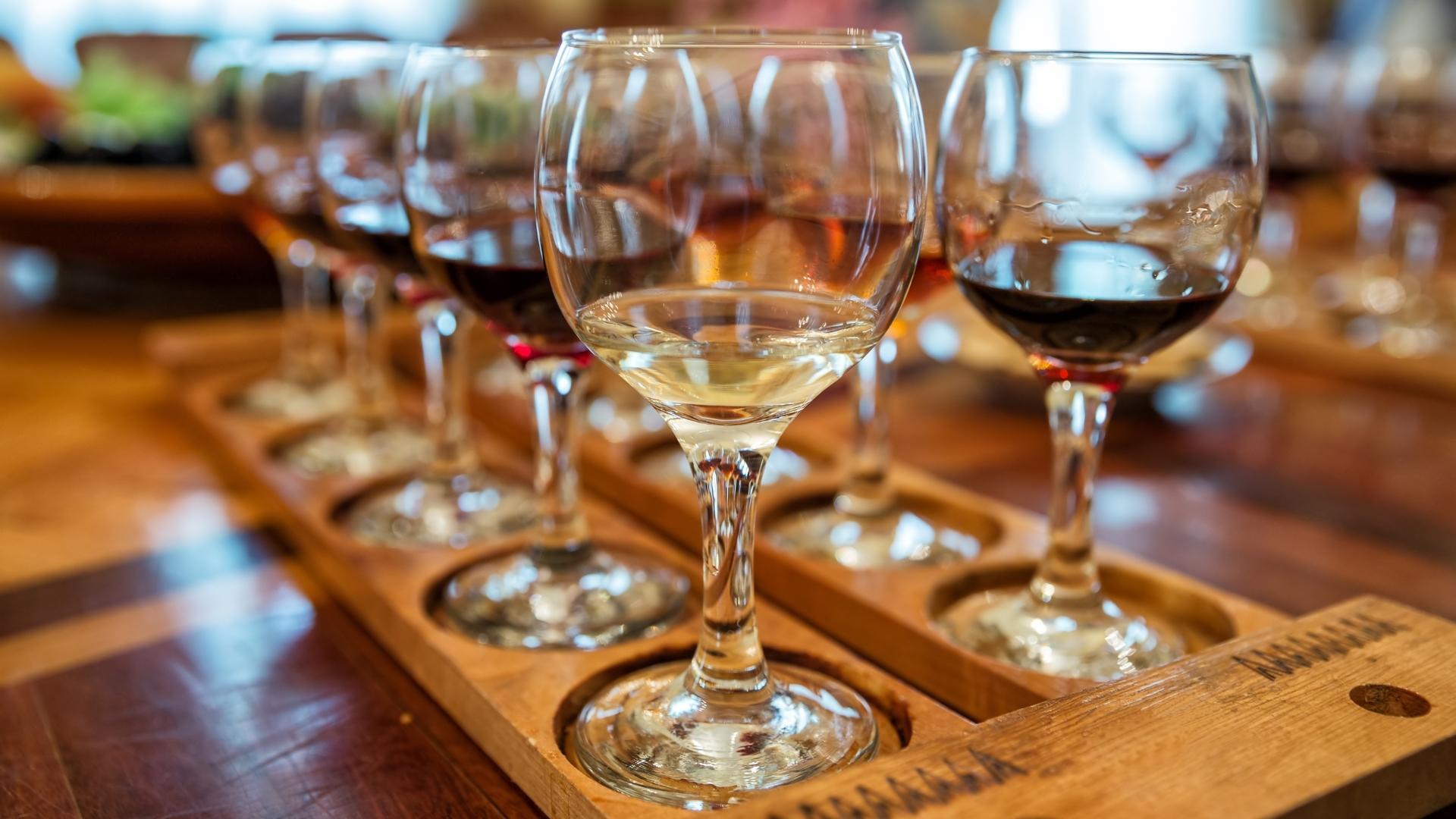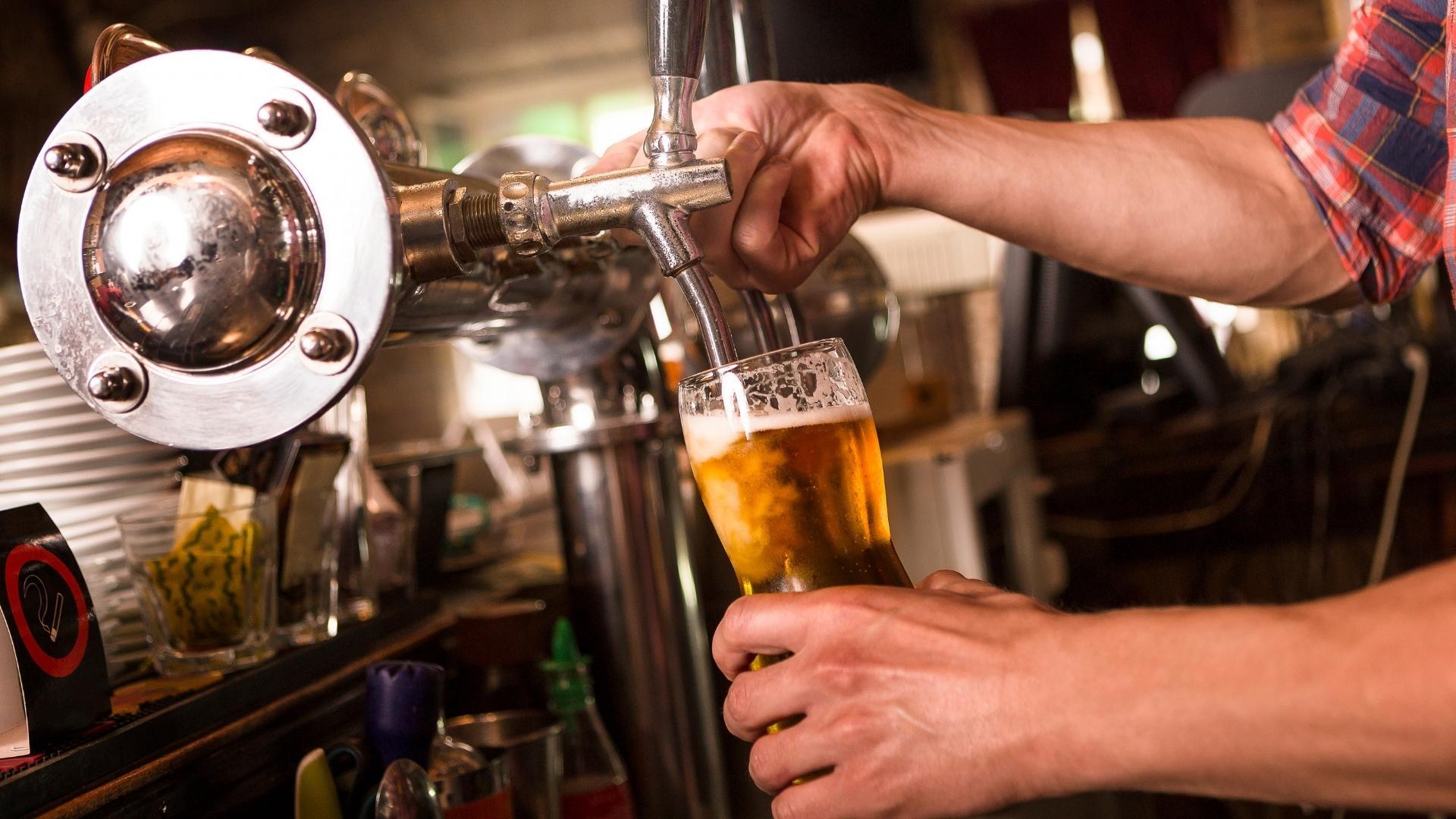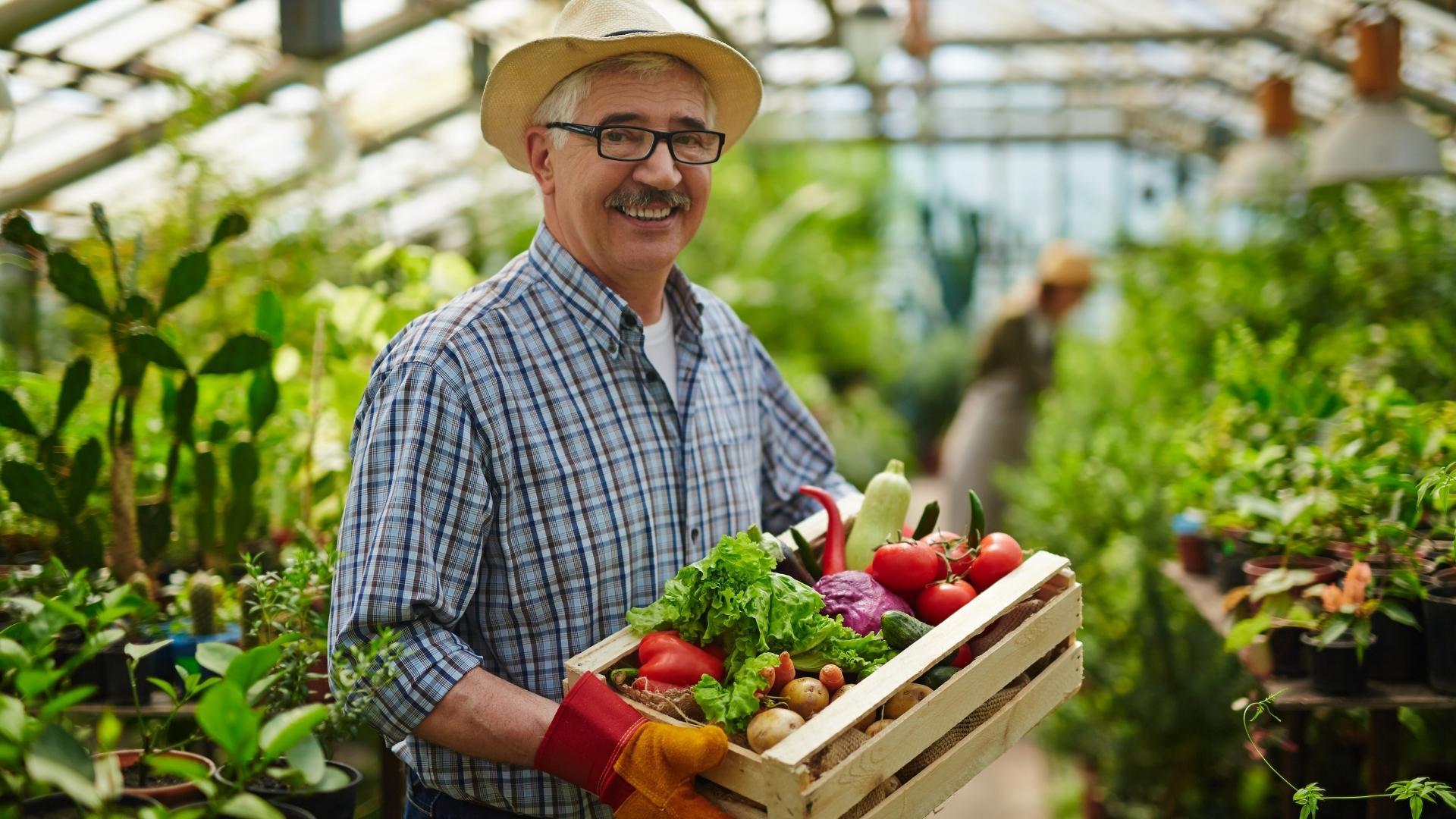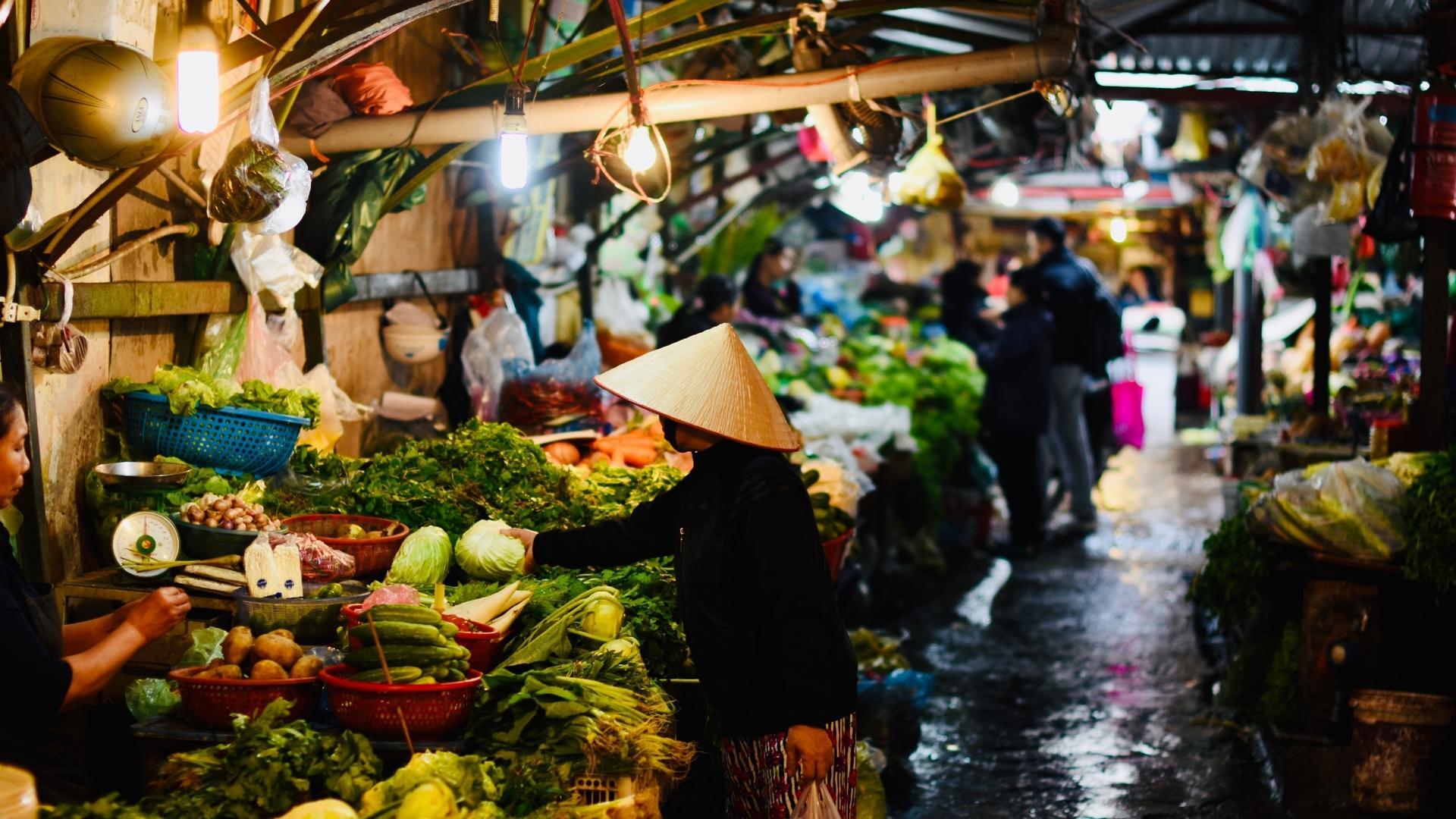WHAT IS FOOD TOURISM?
"Food tourism is the act of traveling for a taste of place in order to get a sense of place." ™ - World Food Travel Association
MORE LOCAL PRIDE
Not everyone likes shopping or museums, but everyone eats. Give all visitors something to look forward to.
MORE QUALITY TOURISTS
They are a main reason food- and beverage-loving travelers want to visit your destination. Do you make it easy?
MORE ECONOMIC IMPACT
Getting noticed by food- and beverage-loving travelers is your goal, but how do you achieve it?
What types of experiences do food- and beverage-loving travelers enjoy?
Below are just a few. There are dozens of other opportunities.
25%
ADDED ECONOMIC BENEFIT FOR A DESTINATION
63%
OF MILLENIALS SEEK SOCIALLY RESPONSIBLE RESTAURANTS
FOOD TOURISM & YOU FREE WEBINAR
Learn why you need to deliver a memory and not just a meal to your customers, who are both visitors and locals. This webinar is for everyone interested in the Food Tourism Industry. The content applies to everyone located anywhere in the world. The webinar format is a one-hour online course that you can access on demand.
DEFINING FOOD TOURISM INDUSTRY STAKEHOLDERS
There are nearly two dozen interrelated sectors in the "food tourism industry cluster." This includes food and beverage businesses, travel and hospitality businesses and some other related businesses and organizations such as governments, media, and academia. The World Food Travel Association helps to bring these disparate sectors together under the umbrella of the “food tourism industry cluster.”
PSYCHOCULINARY PROFILING
We changed the game in 2010, when we researched 11,235 consumer food-lovers from 100+ countries. Our analysis identified 13 major food lover personas, and we learned that marketing the same message to all food lovers is not an effective strategy. Our groundbreaking PsychoCulinary Profiling is updated regularly and allows you to precisely target the exact food-loving travelers who would best love your experience or destination.
Discover your area’s food traveler personas using our custom PsychoCulinary Profiling research methodology.
FOOD TOURISM VALUE CHAIN
The Food and Beverage Tourism value chain can be represented as a free-flowing continuum shown here. Agriculture, food and beverage producers, foodservice and unique experiences work together to create what we know today as food tourism. Each element is just as important as the other in creating memorable food and beverage experiences, and each successive step in the chain adds more economic value than the previous step.
THE EVOLUTION OF FOOD TOURISM
GLOSSARY
Food Travel and Food Tourism
“The act of traveling for a taste of place in order to get a sense of place.”
Our definition of this phrase automatically includes beverages because “food and beverage tourism” is cumbersome to say. Also, it is implied that if people are eating, they are probably drinking as well. We use “food travel” and “food tourism” interchangeably.
Culinary Tourism
We began with this phrase when our industry was young, but we realized after 10 years, that native English speakers found the phrase a bit pretentious. That surprised us as this was never our intent. Still, the elitist perception of the phrase remains. “Culinary” echoes time spent in professional culinary training to become a chef. While it may not be the best phrase, it does already include “beverages” without further explanation. And in certain circumstances, such as discussing “culinary culture,” to our ears, this phrase simply sounds better than “food culture”, although again, the terms are interchangeable.
Gastronomy Tourism
We find this phrase used mostly in Europe, and mostly among speakers of romance languages. That said, the term is also starting to catch on in Asia and the Middle East. For Europeans, “food travel” sounds very basic and banal – almost like cavemen hunting for food or a modern human searching for food in a grocery store. For Europeans, “gastronomy” is the term used to explain an area’s culinary culture, and for them, it follows that “gastronomy tourism” makes the most sense. To native English speakers, the phrase sounds a bit “elitist” but in context, we understand why this term is used. In these areas, we find it perfectly acceptable to use the term “gastronomy tourism.”
Culinary Culture
The overall culinary and gastronomy heritage of a destination. This includes customs, traditions, recipes, dishes, cooking techniques, utensils, cooking stories, unique ingredients, and history.
Culinary Placemaking
This describes a destination development strategy to put a destination on a food lover’s map by identifying all food and beverage resources, bringing them together, weighing their value, assessing market forces, and engaging fundamental stakeholders.
Food Traveler or Culinary Traveler
A person who is inspired to travel, or who does travel, for the purpose of discovering a "taste" of place.
